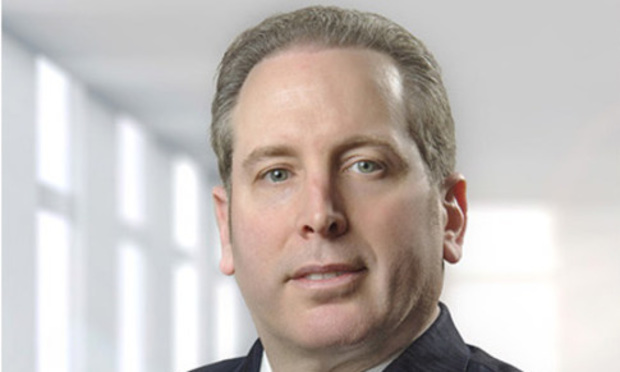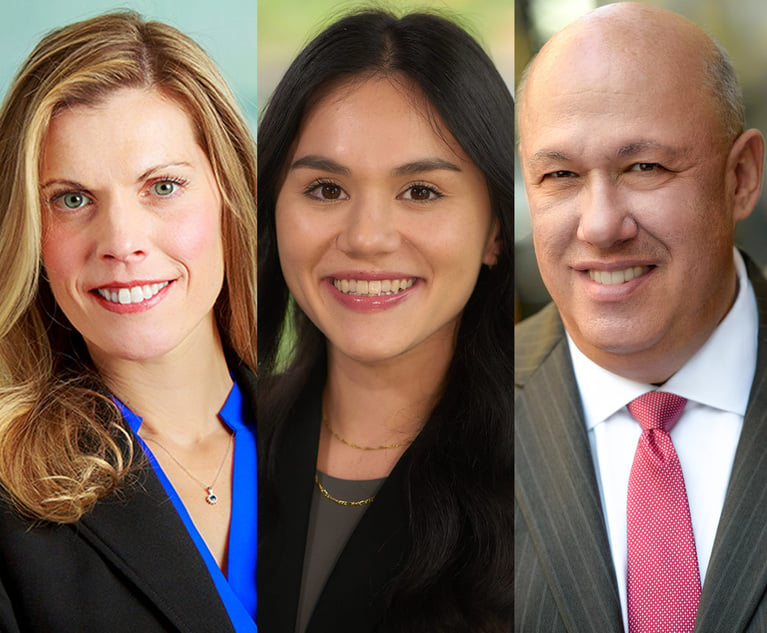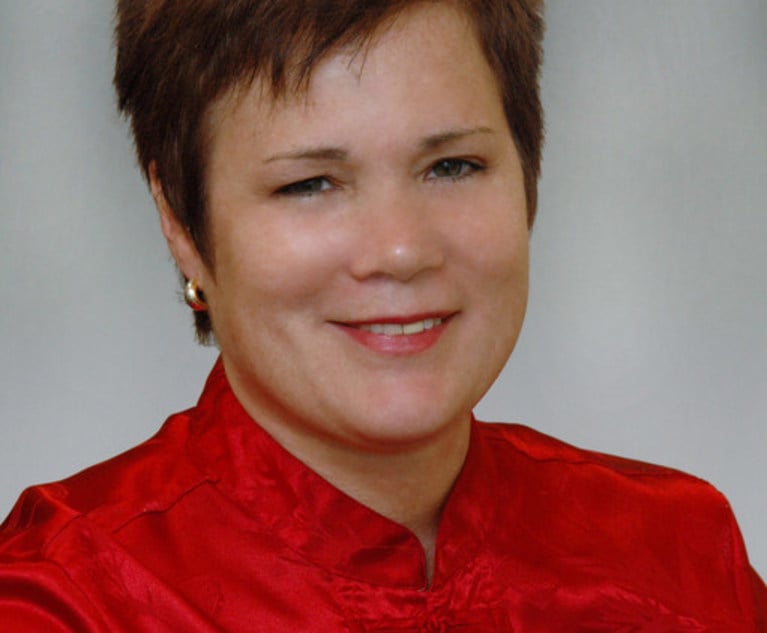The trustees of non-hierarchical religious corporations that are subject to New York’s Religious Corporations Law (RCL) are able to exercise a great deal of authority as the corporation’s “managing officers.” Yet their power is far from absolute. Indeed, it is the members of the congregation—and not the institution’s trustees—who ultimately make virtually all important corporate decisions.
This general scheme arises from the specific provisions of the RCL (and predecessor statutes reaching back to as early as 1813, which established that members “are the body corporate”) and over a century of decisions by the U.S. Supreme Court and the New York Court of Appeals. Moreover, it may well be argued that the Free Exercise Clause of the First Amendment prohibits statutory law, such as New York’s Not-for-Profit Corporation Law (NPCL) and similar law in other states—including in those many states that do not even have their own religious corporations law—from depriving the members of a religious society of the right to govern themselves.
This content has been archived. It is available through our partners, LexisNexis® and Bloomberg Law.
To view this content, please continue to their sites.
Not a Lexis Subscriber?
Subscribe Now
Not a Bloomberg Law Subscriber?
Subscribe Now
LexisNexis® and Bloomberg Law are third party online distributors of the broad collection of current and archived versions of ALM's legal news publications. LexisNexis® and Bloomberg Law customers are able to access and use ALM's content, including content from the National Law Journal, The American Lawyer, Legaltech News, The New York Law Journal, and Corporate Counsel, as well as other sources of legal information.
For questions call 1-877-256-2472 or contact us at [email protected]


 Barry Black
Barry Black




